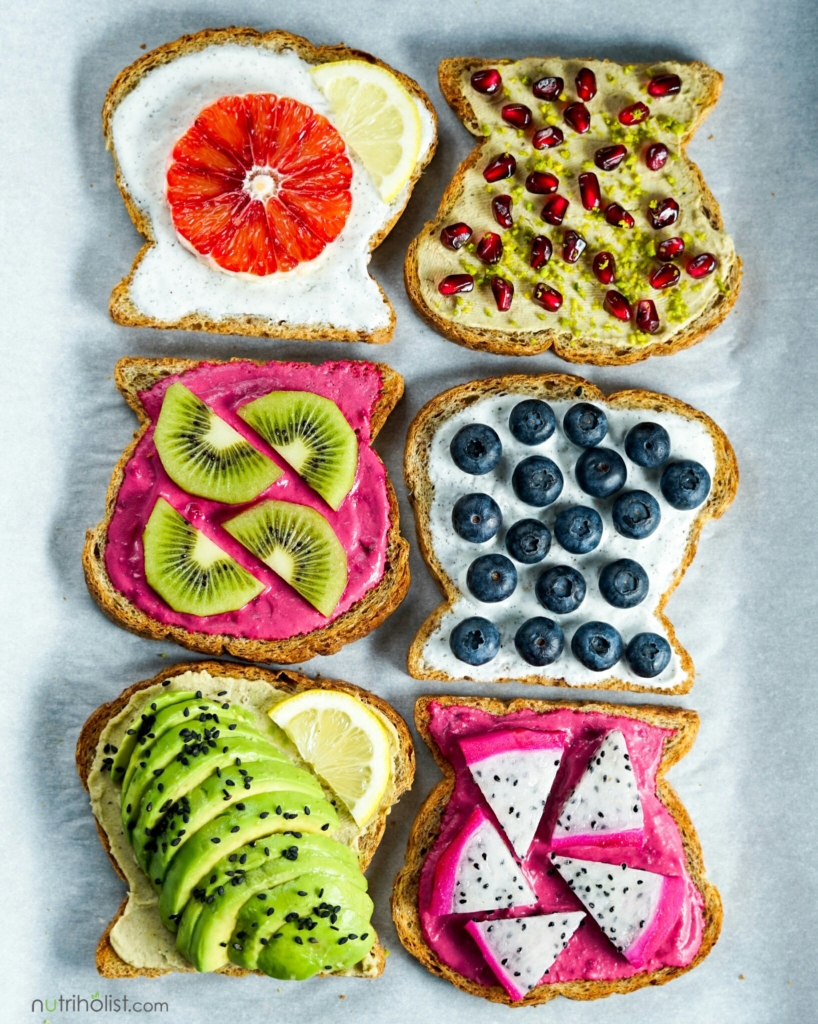As much as I love bread and toast, I don’t eat it often anymore unless it’s made with sprouted whole grains or real sourdough (fermented 48 hours or longer), and now I’m going to explain to you why.
Grains, nuts, seeds, and legumes are naturally shielded with antinutrients – such as phytic acid and enzyme inhibitors – to protect them from pests and insects. These antinutrients repress enzymes that are needed for the breakdown of proteins and starches in the stomach, leading to gas, bloating, and digestive difficulties. They can also lock up vitamins and minerals such as calcium, copper, iron, magnesium, and zinc, hinder their absorption, and cause mineral deficiencies.
Soaking, sprouting, and fermenting will help neutralize these antinutrients, making them more beneficial and easier to digest.
Here are just some of the various benefits of sprouting grains:
- Complex molecules become simpler and easier to digest
- Increases essential amino acids often lacking in grains, such as lysine
- Increases folate
- Increases antioxidants
- Increases B vitamins
- Increases vitamin C
- Increases soluble fiber (1)
I love Silver Hills Bakery‘s products that are made from sprouted organic whole grains and have been enjoying them for years. Over here I have 6 different toppers for some tasty sweet and savory snack ideas. From top to bottom and left to right I have Silver Hills Bakery’s Little Big Bread slices topped with:
- Coconut yogurt mixed with vanilla bean powder, blood orange, and a squeeze of lemon juice
- Hummus, avocado, black sesame seeds, lemon juice, sea salt, and pepper
- Beet hummus, kiwi slices
- Coconut yogurt mixed with vanilla bean powder and blueberries
- Hummus, pomegranate arils, and pistachio crumbles
- Beet hummus and pitaya slices
What are your favorite toast toppers? Share them with us in the comments below.
(1) http://wholegrainscouncil.org/whole-grains-101/whats-whole-grain-refined-grain/sprouted-whole-grains
